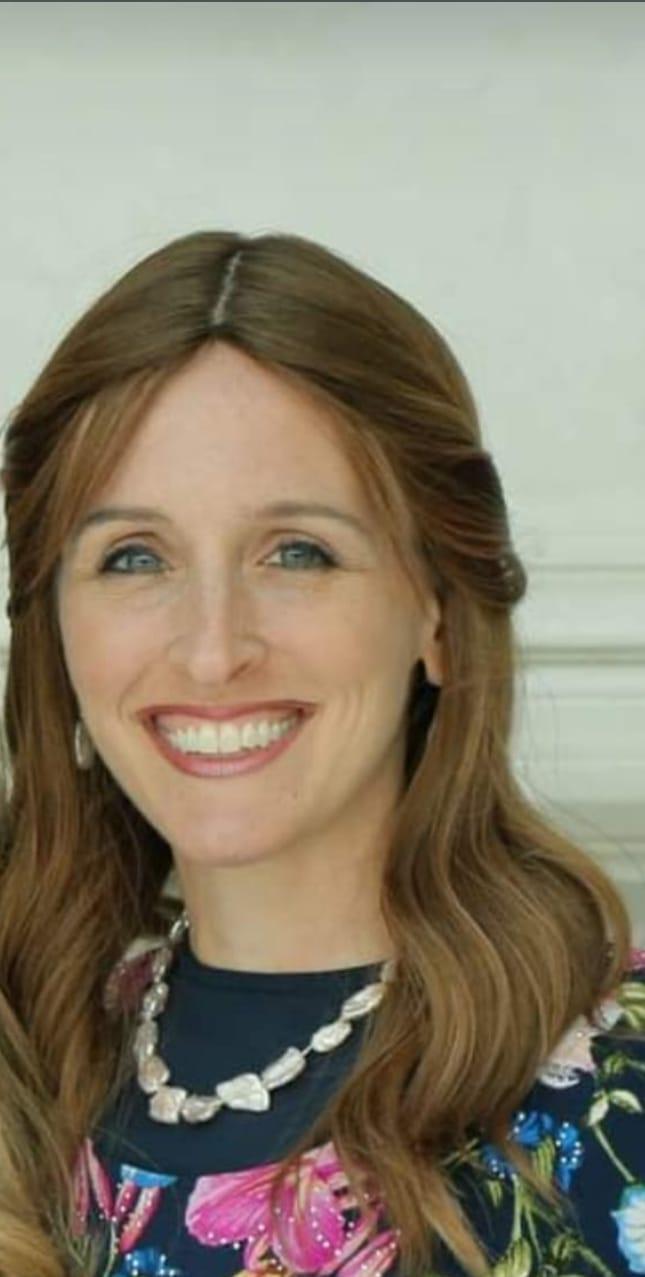Maryland Homeowners and Renters Tax Credit Apply by October 1 for Financial Relief

For many Marylanders, the cost of property taxes or rent can be challenging. To help ease this burden, the state offers the Homeowners and Renters Tax Credit programs, designed to provide financial relief to eligible residents.
What Are These Tax Credits?
The Homeowners Tax Credit is available to low-income homeowners, helping reduce the amount of property taxes owed based on income. If your property taxes exceed a certain percentage of your income, the state will cover the difference, making homeownership more affordable.

















